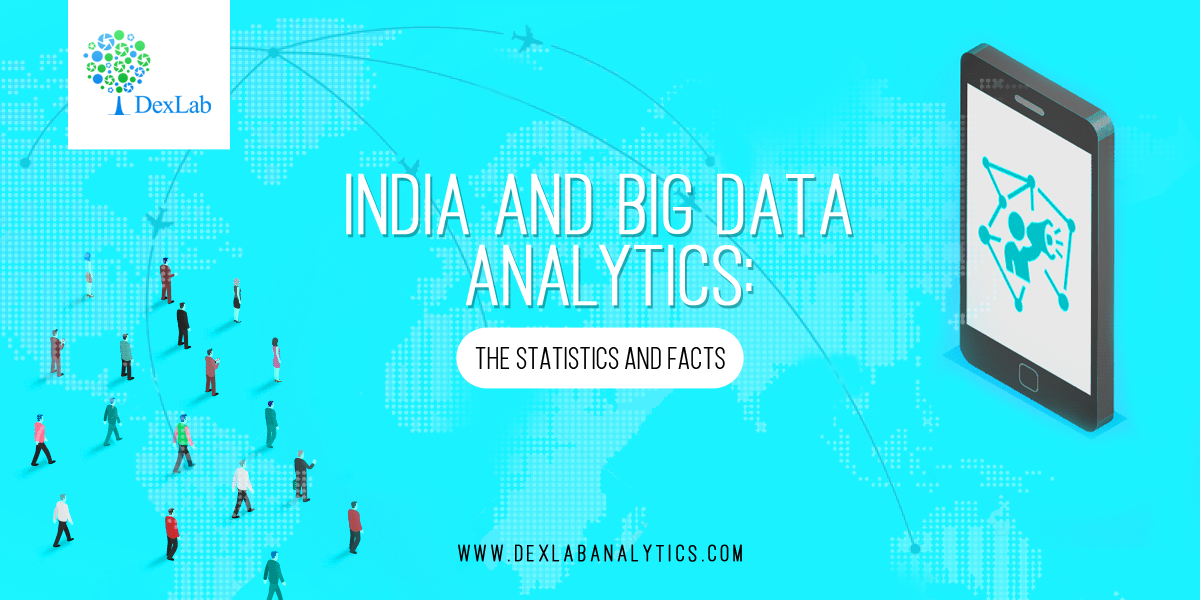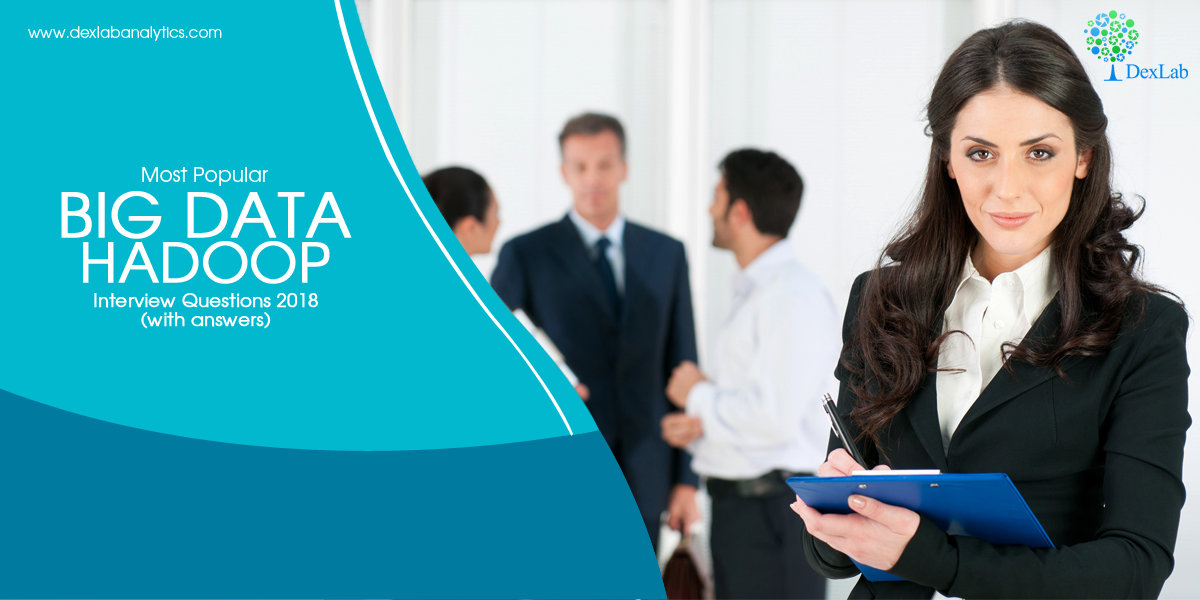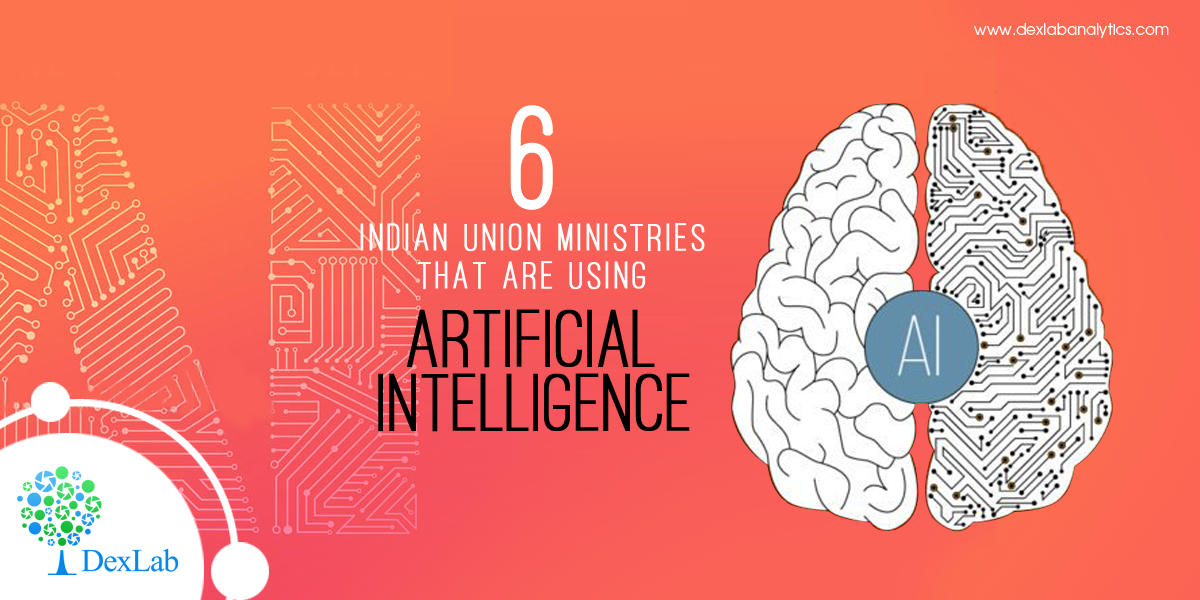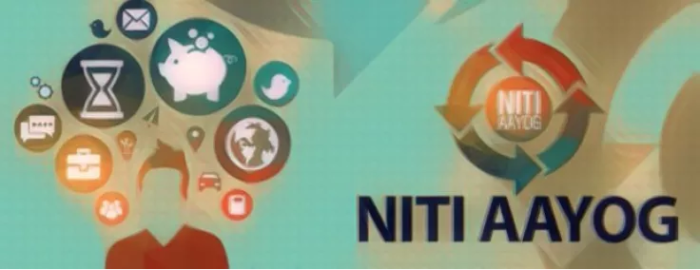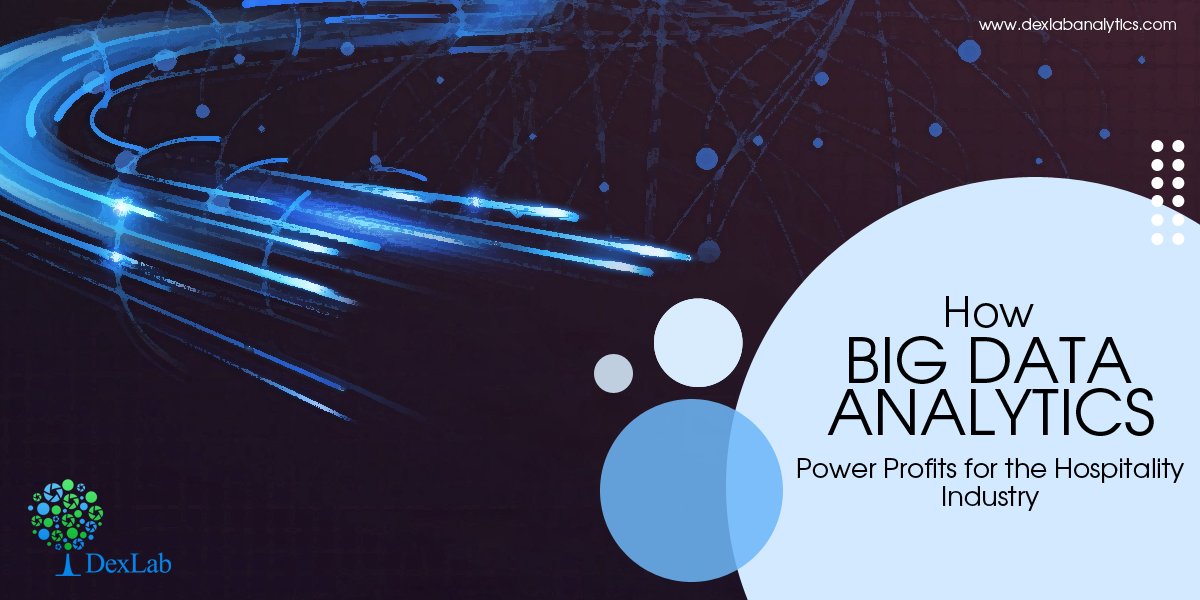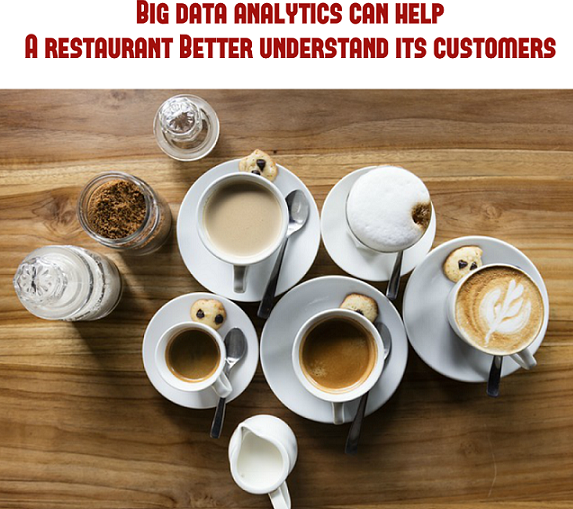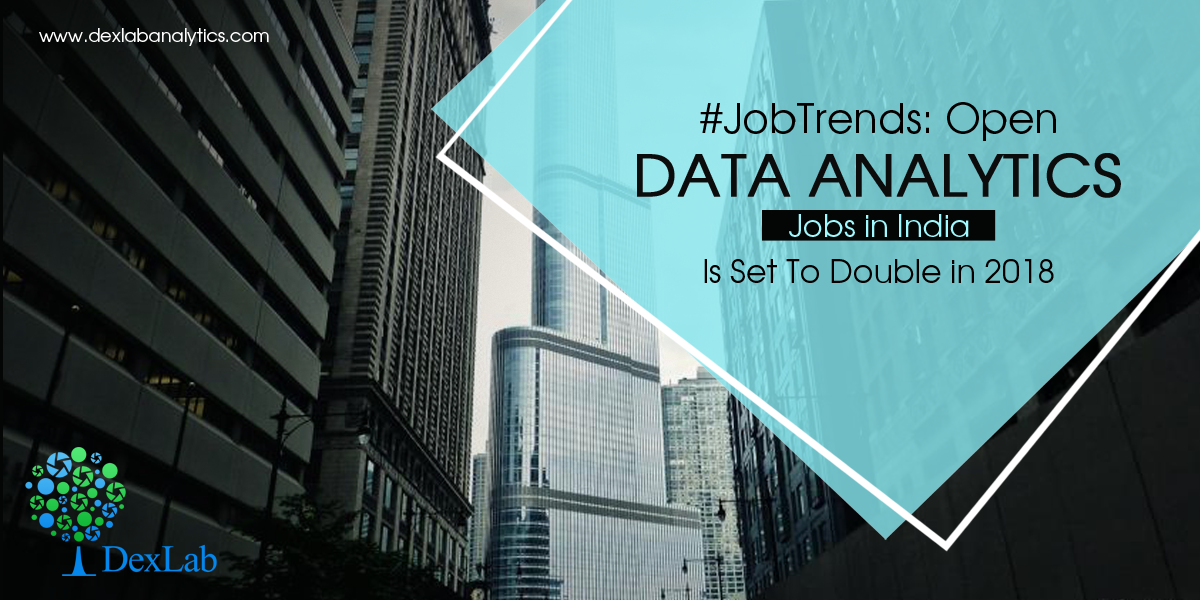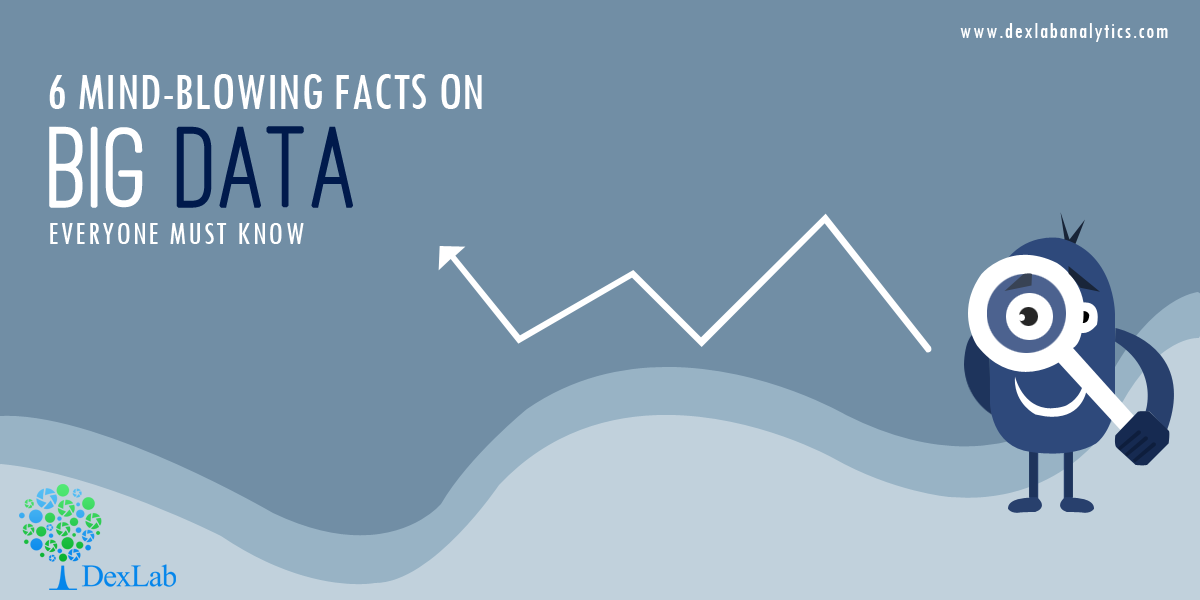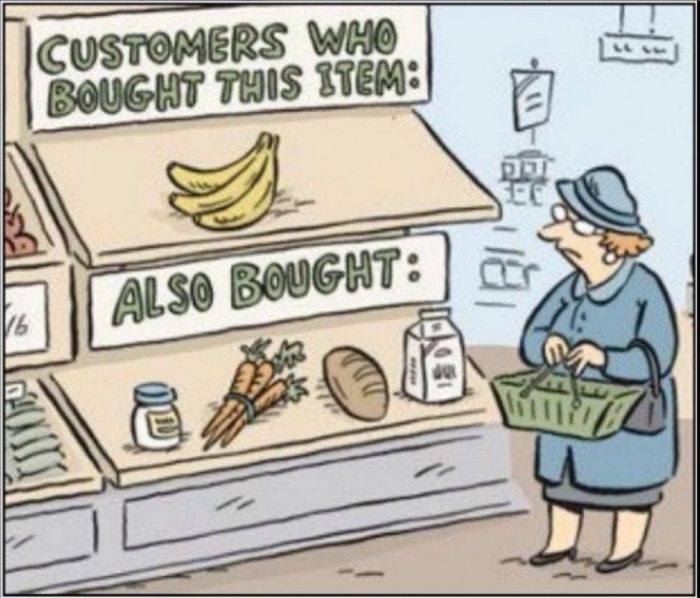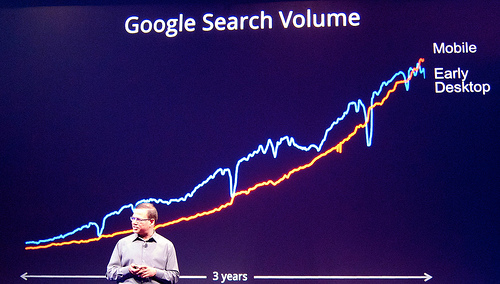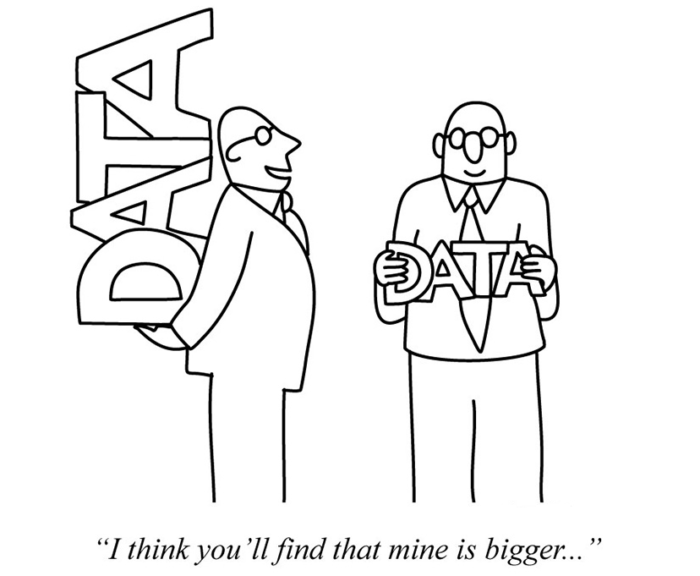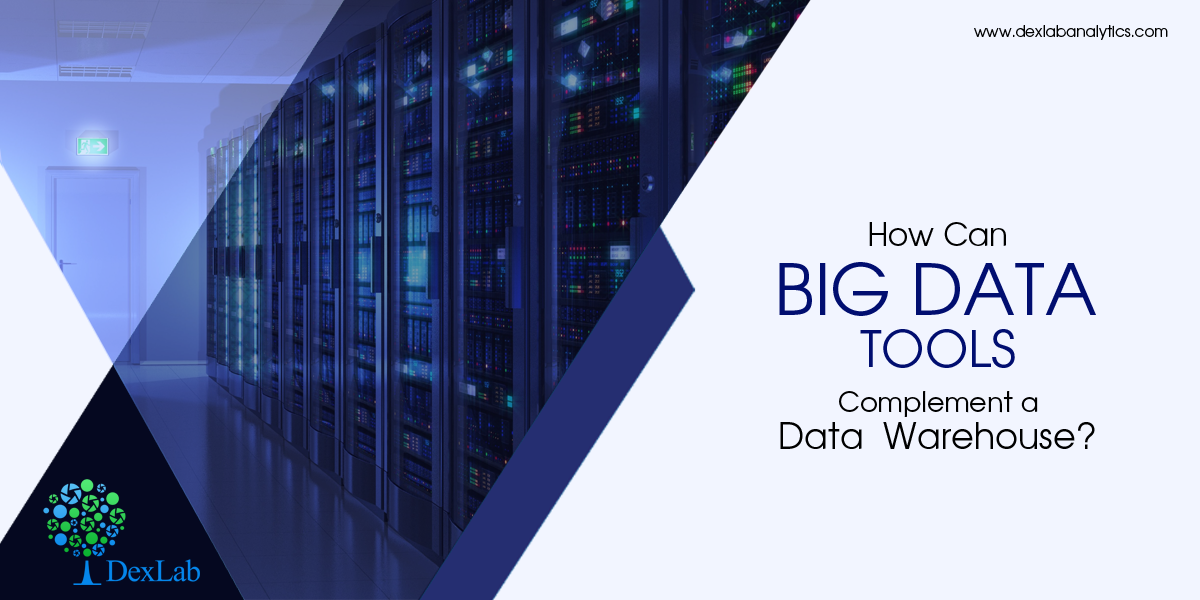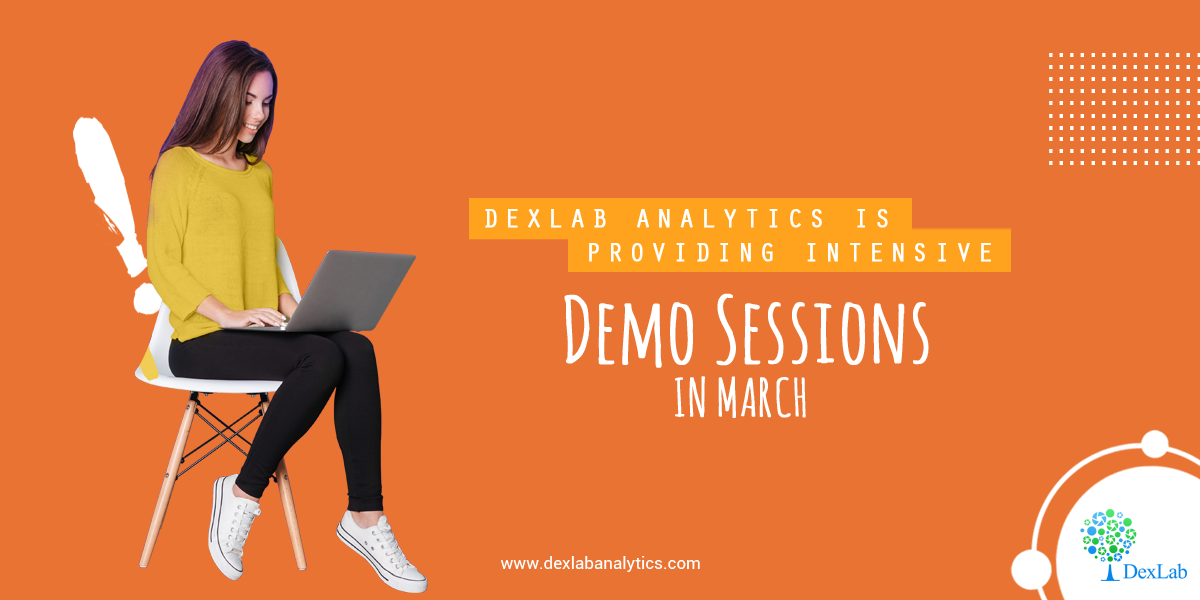
The internet has spurred quite a revolution – in several sectors, including education. Interested candidates are at liberty today to learn a vast array of things and garner a humongous pool of knowledge. Online demo sessions further add to the effect. These demo sessions are state-of-the-art and in sync with the industry demands. They are one of the most effective methods of learning and upgrading skills, particularly for the professionals. They transform the learning process and for all the good reasons.
DexLab Analytics is a premier data science training institute that conducts demo sessions, online and offline regularly. These demo sessions are indeed helpful for the students. With an encompassing curriculum, a team of experts and a flexible timing, the realm of demo sessions has become quite interesting and information-laden.
Talking of online sessions, they are incredibly on-point and high on flexibility. With daring innovations in technology, no longer do you have to travel for hours to reach your tuition center. Instead, from the confines of your home sweet home, you can gain access to these intensive demo sessions and learn yourselves. Adding to that, the medium of learning is easy and user-friendly. The millennial generation is extremely tech-savvy that leaves no room for difficulties learning online.
Moreover, we boast of top-of-the-line faculty strength, well-versed in the art and science of data science and machine learning. With years of experience and expertise, the consultants working with us are extremely professional and knowledgeable in their respected field of study. Lastly, online demo sessions are great tools for career advancement. While working, you can easily upgrade your skills in your own time – boosting career endeavors further. The flexibility of learning is the greatest advantage.
This month, DexLab Analytics is organizing the following demo sessions; kindly take a note of the date and timing:
Demo session on Machine Learning, Deep Learning and Python – Saturday 16th March at 2 PM by industry professionals
Demo session on Data Visualization and Reporting – Saturday 23rd March at 11 AM by industry professionals
Demo session on Credit Risk Modelling – Saturday 16th March at 2 PM by industry professionals
For more information on big data Hadoop training in Delhi, follow DexLab Analytics.
Interested in a career in Data Analyst?
To learn more about Data Analyst with Advanced excel course – Enrol Now.
To learn more about Data Analyst with R Course – Enrol Now.
To learn more about Big Data Course – Enrol Now.To learn more about Machine Learning Using Python and Spark – Enrol Now.
To learn more about Data Analyst with SAS Course – Enrol Now.
To learn more about Data Analyst with Apache Spark Course – Enrol Now.
To learn more about Data Analyst with Market Risk Analytics and Modelling Course – Enrol Now.

